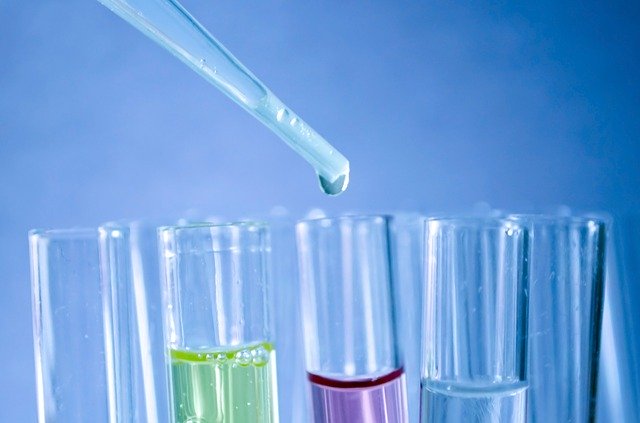Untested rape kits are sitting in laboratories
More than 100,000 rape kits are currently sitting, untested, in police storage in the United States.
Rape kits are boxes containing vital forensic evidence, including semen, skin cells and clothing. If the DNA on any item is found to match that of a suspect, it can lead to an arrest and a possible conviction.
Over the course of 11 years, 11 women came forward with DNA evidence of their rape by Wilkes. Each time, the evidence from their terrifying ordeals was sealed, shelved and ignored.
Simply put, when kits go untested, rapists go free. In a case in Detroit, Eric Eugene Wilkes, a known criminal was reported to police for the rape of a woman waiting for a bus. Four months later, more DNA evidence was supplied by another survivor. Three days after that, evidence from a third. Over the course of 11 years, 11 women came forward with DNA evidence of their rape by Wilkes. Each time, the evidence from their terrifying ordeals was sealed, shelved and ignored.
It was not until the eleventh victim saw Wilkes, two days after she was raped, and called the police, that he was finally arrested. Yet all of the women who were attacked after the first survivor came forward, could have been spared from being violently raped, if police had just tested her evidence.
Rape and sexual assault remain highly stigmatised, and the fear that survivors will not be believed has been cultivated by the distressingly low number of rapists that are imprisoned for their crimes. RAINN estimates that out of every 1,000 sexual assaults, 995 perpetrators will walk free.
The backlog of untested kits not only has the direct impact of preventing reported cases from resulting in convictions, but it also further erodes survivors’ faith in the criminal justice system, preventing many of them from reporting their rapists to the police.
more than 75% of sexual assaults are estimated not to be reported
The process of reporting a rape can be deeply traumatic for a survivor; when combined with the fear of not being listened to and evidence not even being tested, it is hardly surprising that more than 75% of sexual assaults are estimated not to be reported.
Survivors who come forward have to endure emotionally and physically exhausting, often distressing, processes for evidence to be gathered. Police officers who then leave it untested are simply putting the victim through further pain, without any intention of catching the criminal. This clearly demonstrates the extent to which victims of rape and sexual assault continue to be utterly failed by the criminal justice system.
In July 2019, it was reported that as many as 200,000 untested rape kits were in police storage. Now the figure appears to be closer to 100,000
The stigmatisation of rape allegations is likely to be a significant cause of this backlog of evidence. Baseless judgements over whether the victim has exaggerated their claims, particularly when they have any criminal history themselves, have perpetuated a reluctance to take rape allegations seriously.
The problem is starting to be tackled, but the backlog is still significant. With every day that evidence remains untested, rapists that have been reported are free to commit more crimes.
In July 2019, it was reported that as many as 200,000 untested rape kits were in police storage. Now the figure appears to be closer to 100,000 – although there are fears that many have not been accounted for in this figure.
Following the extent of the problem being publicly revealed, some steps have been taken to test previously ignored rape kits. In Cuyahoga County, Ohio, nearly 750 rapists were indicted since the kits started being tested, more than 400 of whom were then convicted.
A $154 million Justice Department national program has also been launched to target the problem. However, success was limited. Whilst Detroit and Cleveland used their funding to make significant progress, the $3 million allocated to Connecticut produced no reported charges or convictions.
Furthermore, 32 states have passed bills requiring new kits to be tested, and 25 states now require them to be tracked. However, many states still have nothing in place to ensure evidence is tested, and few have properly addressed the backlog.
Cases of rape and sexual assault are notoriously difficult to prove because there is often no DNA evidence. Therefore, testing every piece of evidence is vitally important in a case of this nature. Untested rape kits are allowing countless rapists to walk free.
“It’s dangerous to leave these people on the streets,” says Isle Knecht, director of policy and advocacy for the Joyful Heart Foundation, a non-profit that supports sexual-assault survivors. “Research shows that the longer they are on the streets the more crimes they commit because they’re [often] serial offenders.”
The police have the evidence, yet rather than using it to convict rapists, they are allowing it to sit on shelves gathering dust. This backlog of rape kits is not only incredibly insulting to the survivors, but it is also enabling sexual predators who threaten public safety.

Comments